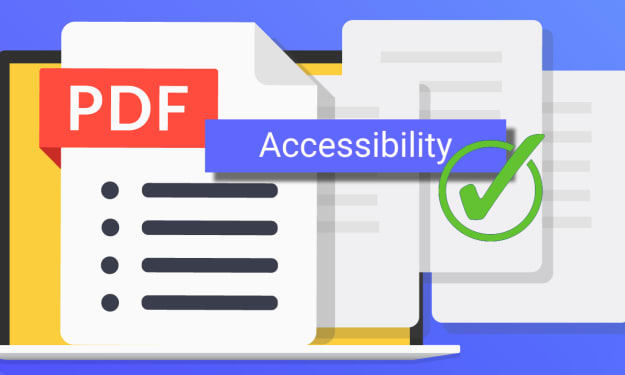Growing career in PEGA
Find your own career path with Pega technology! Read the overview of Pega roles to learn how to get started with Pega.

A career in Pega offers exciting opportunities in the field of business process management (BPM) and customer relationship management (CRM). Pega is a robust and versatile platform that allows organizations to streamline their business processes, automate workflows, and deliver exceptional customer experiences. With its powerful capabilities and flexibility, Pega has become a popular choice for businesses across various industries.
Roles and Responsibilities in a Pega Career:
Pega Developer:
As a Pega Developer, your primary responsibility is to design, develop, and customize Pega applications using the PegaRULES Process Commander (PRPC) platform. You will work closely with business analysts and stakeholders to understand their requirements and translate them into technical specifications. You will use Pega's tools and frameworks to configure the application, create data models, design user interfaces, and implement business rules. Additionally, you will perform testing, debugging, and troubleshooting to ensure the application functions smoothly.
Pega Architect:
As a Pega Architect, you will provide technical leadership and guidance in designing and implementing Pega solutions. You will collaborate with business stakeholders to understand their long-term goals and develop strategies to align Pega applications with their objectives. Pega Architects are responsible for creating scalable and robust architectures, selecting appropriate frameworks and design patterns, and ensuring the overall quality and performance of the Pega application. You will also contribute to the development of best practices, standards, and guidelines for Pega implementation within the organization.
Pega Business Analyst:
Pega Business Analysts play a crucial role in bridging the gap between business requirements and technical implementation. As a Pega Business Analyst, you will work closely with business stakeholders to understand their needs and translate them into Pega-specific requirements. You will conduct workshops, interviews, and meetings to gather requirements, document process flows, and define user stories. You will collaborate with Pega Developers and Architects to configure the Pega application, create data models, and design user interfaces. Pega Business Analysts also contribute to testing, user acceptance, and change management processes.
Pega System Administrator:
Pega System Administrators are responsible for managing and maintaining the Pega platform and its associated infrastructure. You will handle tasks such as installation, configuration, and deployment of Pega applications. You will ensure the availability, reliability, and scalability of Pega environments by monitoring performance, troubleshooting issues, and implementing optimizations. Pega System Administrators collaborate with other IT teams to integrate Pega applications with existing systems, manage security and access controls, and perform regular backups and disaster recovery planning.
Pega Consultant:
Pega Consultants provide expert advice and consulting services to clients on Pega implementation, customization, and optimization. As a Pega Consultant, you will work closely with clients to understand their business processes, identify areas for improvement, and propose Pega-based solutions. You will assess the feasibility of implementing Pega applications and assist in developing business cases and project plans. Pega Consultants collaborate with Pega Developers, Architects, and Business Analysts to design and implement solutions, provide guidance on Pega best practices, and support clients throughout the entire project lifecycle.
Skills and Qualifications:
To excel in a Pega career, it is essential to possess a combination of technical and interpersonal skills. Some key skills and qualifications for a successful Pega professional include:
Pega PRPC Platform Knowledge:
Having a solid understanding of the Pega PRPC platform is crucial. This includes knowledge of Pega rules, case management, data modeling, user interface design, and application configuration. Proficiency in using Pega's tools and frameworks, such as the Process Modeler, Case Designer, and Decision Designer, is highly beneficial.
Programming Languages and Technologies:
While Pega provides a visual development environment, having knowledge of programming languages such as Java
About the Creator
Vaishali Tupe
I am an IT graduate with 6 years of IT experience. My interests are in making poetry, story making and travelling.
Enjoyed the story? Support the Creator.
Subscribe for free to receive all their stories in your feed. You could also pledge your support or give them a one-off tip, letting them know you appreciate their work.





Comments
There are no comments for this story
Be the first to respond and start the conversation.